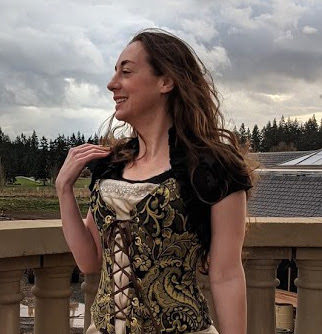Gregg R. Luke, R.Ph. was born in Bakersfield, California, but spent the majority of his childhood and young adult life in Santa Barbara, California. He served an LDS mission in Wisconsin, then pursued his education in Natural Sciences at SBCC, UCSB, and BYU. He completed his schooling at the University…
Monday, August 29, 2011
Wednesday, August 24, 2011
Interview with Author Carolyn Schriber
Carolyn Schriber received her PhD in Medieval History from the University of Colorado. After she retired from a position as a college history professor, she turned her attention to her second love, the history of America's Civil War. She offers a fresh perspective and a valuable new approach t…
Friday, August 12, 2011
Interview with Book Marketing Expert Catherine Balkin
WHAT’S A BALKIN AND WHO ARE THE BUDDIES? I’m the Balkin. Well, I’m one of them. I’m one of the Catherine Balkins. My mother was another one, but then a Catherine Balkin in Australia found me on Facebook. We have no idea if we are related but we hope so, since we felt like sisters when we met during a…
Thursday, August 11, 2011
Interview with Author Lisa Gordon
Deirdra: When did you first know you wanted to be an author? Lisa: Actually m y best friend at school wanted to be an author and at that point I had no idea I could write and no intention of becoming an author. At the age of thirty and with the advent of email; I became a prolific email writer to my…
Subscribe to:
Posts (Atom)
Total Pageviews
Pages
- Home
- Art
- The Watchers Books
- Time Management For Creative People Workbook
- Book Trailers
- About Deirdra
- Clothing Designs and Paper Dolls
- Photography
- The Watchers Screenplay
- Crafts and Remodeling
- Book Covers
- Animal Family
- Free Stuff
- Watchers Worldwide
- Q & A
- Contact
- Recipes & Food Art
- Family Safety Advocacy
- My Garden
- Endorsements
- The Sanctuary
- News & Events
- Little Church on the Prairie
- Religious Women's Studies
- A Storybook World Podcast
|
Add this to your site |
Highlight the code below to get A Storybook World button











